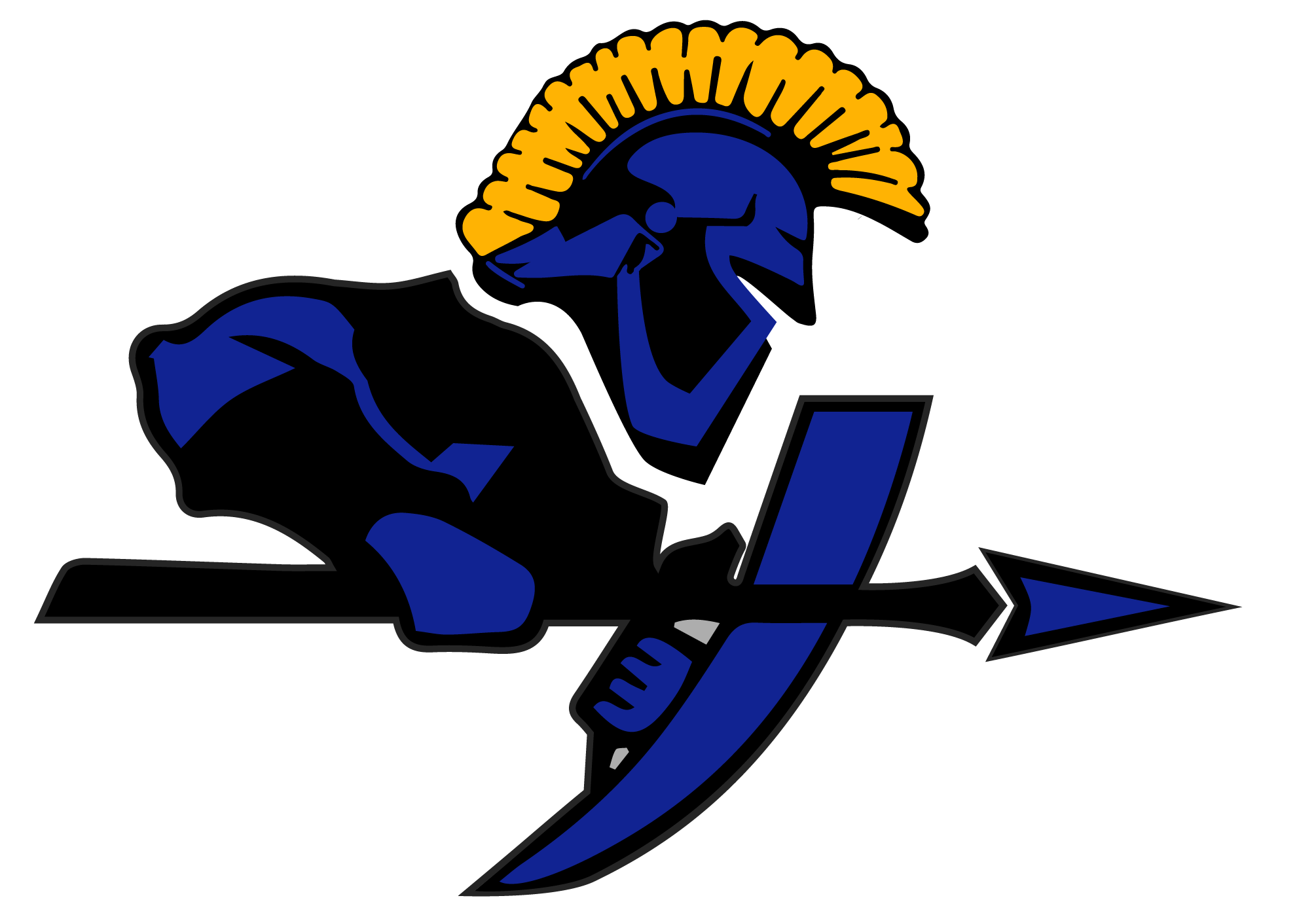Welcome back to the 2023-2024 School year!!!
It is great to see all the students; they were really missed!!!
October is Learning Disabilities (LD) Awareness Month, a time when the nation turns its attention to the one in five students who learn differently because they have dyslexia, Attention Deficit Hyperactivity Disorder (ADHD) or other learning and/or attention issues.
Below is a short Memoir published by a high school student who shares her experience having a 504 since the 4th grade. It is a short read to the insight of navigating and being an advocate for herself while attending public school.
“At the beginning of the year, I introduce myself and my accommodations through email. I think it’s important for my teachers to know why I benefit from something that most of the other kids in my class don’t use. The game changers for me include:
- Extra time Dyslexia makes me read slowly and work hard to decode words. This means that it takes me more time to take tests. Knowing that I can work hard and answer the questions correctly at my own pace is very helpful for me. I would like to be able to show my teacher what I know.
- Read on demand Reading and spelling are harder for me than my classmates. I can decode almost any word after my remediation; it just takes me some time to do it if it’s a harder word. If I am really stuck, I would like to ask for help to have the word or phrase read to me. It makes me way more comfortable in class to know that if I get stuck, my teacher will know that I really need the help.
- Small group testing It helps to be on my own or in a smaller group. If I am taking a test with the class I might get to the third question and someone next to me is finished with the test because they can read it faster. I’d like to be able to focus on the content and do my best.
- Technology I use my iPad to ear read (text to speech) everything I can. Eye reading is tiring for me. Sometimes, I use an app to change a handout to a readable PDF and then ear read it, if I need to. Normally, I just eye read the handouts. My iPad also has an app that will let me record the classroom lecture, if I need it. I don’t access the curriculum exactly like my peers, but the system in place right now works really well for me.
- Teacher notes I am dysgraphic, too. That means it is hard for me to put my thoughts onto paper quickly. I learn best by listening to the teacher first and then practicing what I have learned. It is very hard for me to listen and copy things from the board or write things down as the teacher is talking. I take notes, but I miss a lot. The teacher’s notes help me make sure that I don’t miss anything when I am studying.
- Advanced notice when called on to read in class This accommodation makes me feel comfortable in class. It feels terrible if I think I might be called on to read out loud without knowing what I am going to read. If my teacher wants me to read something, they’ll just tell me the night before and I will practice first. I am a good reader now, but I still get nervous when I have to read out loud. Messing up on a word like ‘began’ feels really bad in a classroom full of my classmates. That’s what dyslexia will do to me.
With the help of my parents, my teachers and my accommodations, I’ve created a successful learning environment for myself. Because I need to work very hard to achieve the academic success I’ve had, I don’t take anything for granted. I appreciate my teachers who have made an effort to understand me and my accommodations.
Teachers really do make all the difference!
If you have any questions regarding dyslexia please reach out to our department at 928-637-2561 ex. 4 and ask for Evelina Acosta or Ashley Sanderson.

